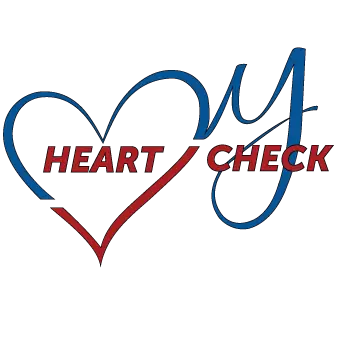Heart and Vascular with Dr. Haqqani: The impact of heart valve disease
Originally
Vascular heart disease, signifying problems with the valves in the heart, is connected to conditions that result in 10 to 20 percent of all heart-related surgeries in the United States. When the four valves in the heart are working properly, blood flows as it should throughout the heart and to the other organs of the body. When something irregular occurs in the function of the valve, the result can lead to eventual blood clots, heart failure, stroke or sudden cardiac arrest.
How the valves work
The four valves in the heart are the aortic, tricuspid, pulmonary and mitral valves. The valves ensure that blood will exit the chambers of the heart and prevent the blood from flowing the wrong way. Flaps made of tissue on each valve open and close with every heartbeat.
The tricuspid valve allows blood to flow from the upper right heart chamber (atrium) to the lower right heart chamber (right ventricle) and prevents back flow of blood from the lower chamber. The pulmonary valve allows blood to flow to the lungs to receive oxygen. The mitral valve closes the upper left chamber and collects oxygen-rich blood from the lungs. The aortic valve allows the oxygen-rich blood to be released from the left ventricle into the body through the aorta. When heart valve disease occurs, it will most often affect the mitral and aortic valves.
Types of heart valve disease
The National Institute for Health reports that degenerative valve disease is the most common type of heart valve issue in the U.S. Heart valve problems can also be genetic or caused by infections or other sources. There are several specific types of heart valve disease that may appear as people age or may be present at birth.
When blood does not flow out of the heart properly, or when the heart valves “leak,” this is called regurgitation. Blood may return when the valve-flaps (leaflets) are closing or it could flow back in when the leaflets are closed. The result can be an overworked heart muscle because it requires more effort to get oxygen-filled blood out to the body.
Stenosis happens when the leaflets don’t open all the way due to stiffening of the valve flap. The flap can also become thicker, in addition to the stiffness, to create stenosis. Blood is prevented from flowing out properly and, in some cases, stenosis and regurgitation can occur simultaneously.
If the pulmonary or aortic heart valves don’t form properly, congenital heart valve disease is the result. This condition is present at birth.
Symptoms
The most common first sign of heart valve disease is a heart murmur. Not all heart murmurs reflect the disease and some are called harmless or innocent murmurs. But when heart valve disease is diagnosed, a murmur is often a signal. Murmurs may not be noticed by a patient but are often detected by a physician or cardiologist using a stethoscope during a physical exam. The volume, location and frequency of the murmur help determine its severity.
Other symptoms include extreme fatigue and shortness of breath. The shortness of breath may appear when a person is at rest or during physical exertion. Swelling in the ankles, legs, feet or abdomen may also be noticeable symptoms, as is swelling in the veins of the neck.
Treatment
The severity of the disease determines the best treatment. In some cases, switching to a healthier lifestyle and diet will help. Medicines to lower blood pressure, thin the blood or help stabilize heart rhythm can be prescribed.
Valves can also be repaired or replaced. A cardiovascular surgeon can repair damaged valves by adding or reshaping tissue to improve the valve’s productivity. When valve flaps have been fused together, the surgeon may choose to separate them.
Valves can be replaced with either a manufactured valve or a biological valve. The decision on the appropriate procedure is carefully considered by the cardiovascular surgeon.
Dr. Omar P. Haqqani is the chief of Vascular and Endovascular Surgery at Vascular Health Clinics in Midland:www.vascularhealthclinics.org
